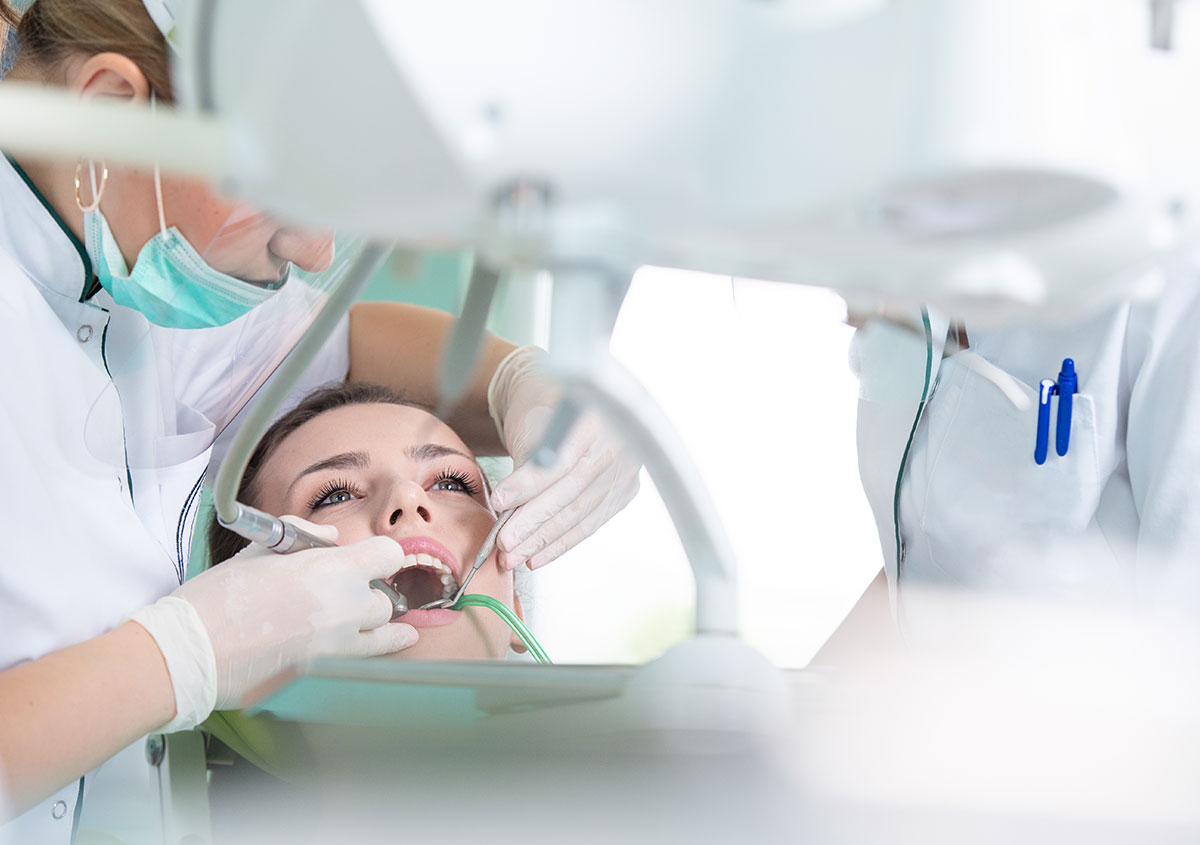
10
Apr
Everything You Need to Know About Root Canal Treatment

When patients hear the words “root canal treatment in Longmont” they cringe in fear. The most common misconception is that the root canal procedure is a painful and scary experience. However, this is just simply untrue…
The reality is, this procedure relieves the pain caused by a tooth infection. In fact, it is one of the most viable and cost-effective procedures that can be performed by your root canal dentist in Longmont. Let’s take a look at root canal treatment in more depth down below.
What is Root Canal Treatment?
Root canal treatment is one of the most popular treatments performed by Endodontists in Longmont. Your Endodontist specializes in root canal treatment and other related treatments.
The purpose of root canal treatment is to relieve patients pain caused by an infected and inflamed tooth root. Root canal treatment saves your tooth from extraction and prevents the need for tooth replacement.
During this procedure, the infected pulp inside of the tooth is removed, disinfected, shaped and sealed with a filling.
What are the Reasons for Performing Root Canal Treatment in Longmont?
Root canal treatment is performed in order to save the affected tooth when there is an infection of the pulp, the soft tissues in the root canal, and the nerves and blood vessels of the tooth.
Patients may require root canal therapy for one or more of the following reasons:
- They have dental cavities
- They have tooth decay
- They have chips or cracks in their teeth
- They have a tooth injury that can become easily infected
Is The Root Canal Procedure Painful?
No…
As mentioned previously above, the objective of root canal treatment is to alleviate a patient’s tooth pain and save the tooth. The root canal procedure is performed in a dental hospital and your endodontist in Longmont uses the latest technologies and dental equipment for it. They will administer local anesthesia to you which means the procedure won’t be painful.
It is normal to experience tooth sensitivity or discomfort post-procedure which will dissipate once the infection heals.
How is Root Canal Treatment Near Me Performed?
The root canal is the natural cavity within the center of the tooth. It is composed of the odontogenic tissue, nerves and blood vessels. When the root canal becomes infected as a result of deep caries, tooth trauma, cracks or old restoration issues, patients may experience:
- Tooth pain
- Gum pain
- Swelling of the affected area
- Sensitivity, especially when the tooth is exposed to hot and cold temperatures
Your endodontist in Longmont will perform the following diagnostic procedures to determine the best treatment option for you:
- Tender on percussion
- Mobility
- Radiographs
- Palpation
Once these diagnostic tests have been performed, your endodontist will numb the affected area using local anesthesia for a pain-free procedure.
Next, your endodontist will prepare the access cavity and will remove the entire pulp, using dental instruments called files. The root canals are then cleaned and shaped and saline is placed down the canal to kill bacteria.
Your endodontist will then close the cavity with temporary filling material after the reshaping and cleaning is completed.
At the next appointment, the temporary restoration is removed and gutta-percha is placed to seal the root canal.
Lastly, a restoration (crown) will be placed on the tooth to protect it, prevent it from future damage and to restore it to full function.
How Long Does It Take to Recover from Root Canal Treatment in Longmont?
Recovery time differs for each patient and is dependent on the extent of the infection. Typically, it will take 1 to 2 weeks for full recovery.
Share this Article






